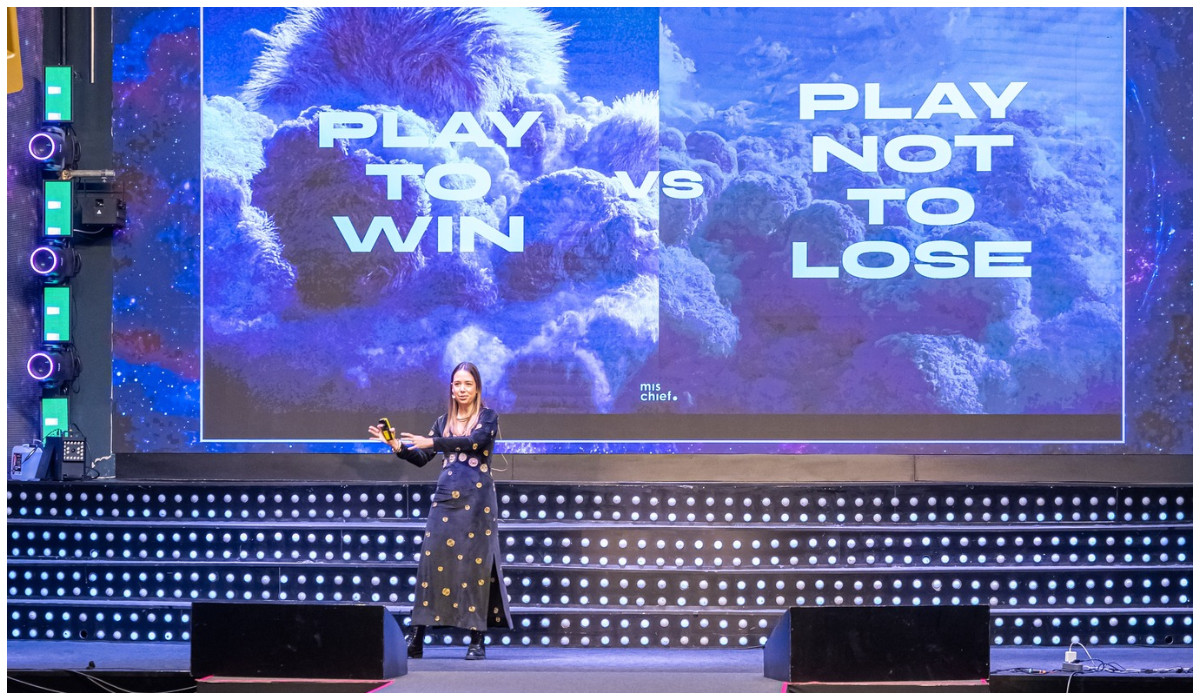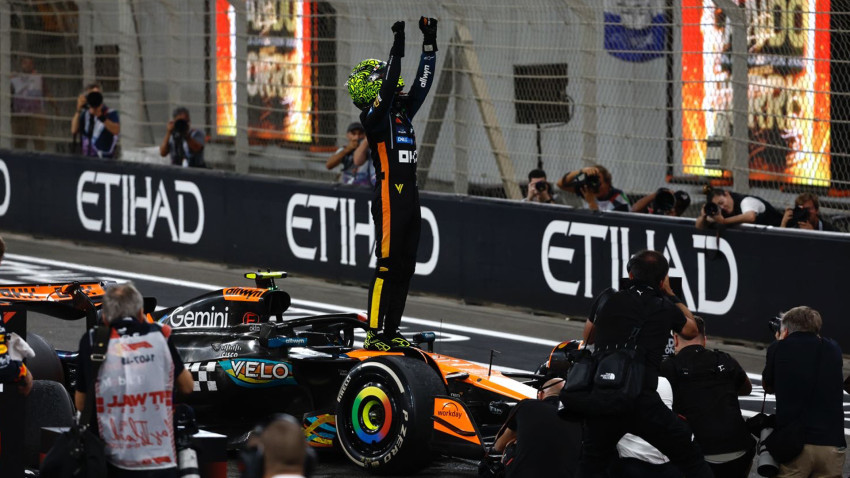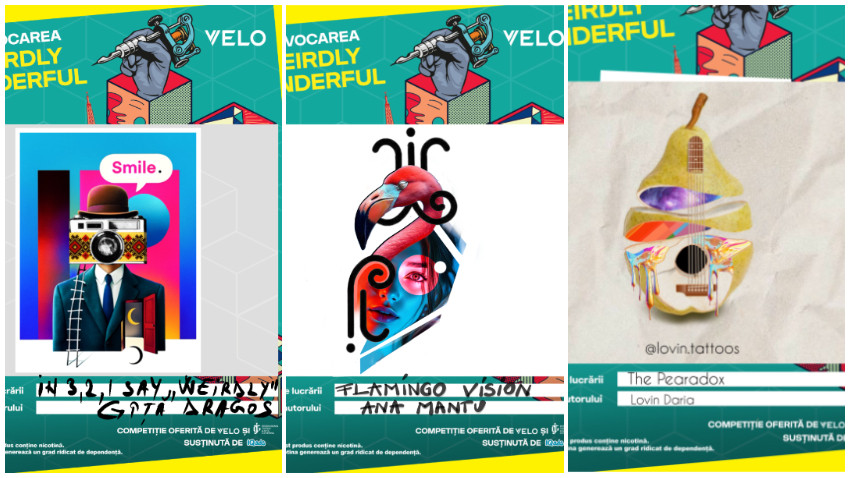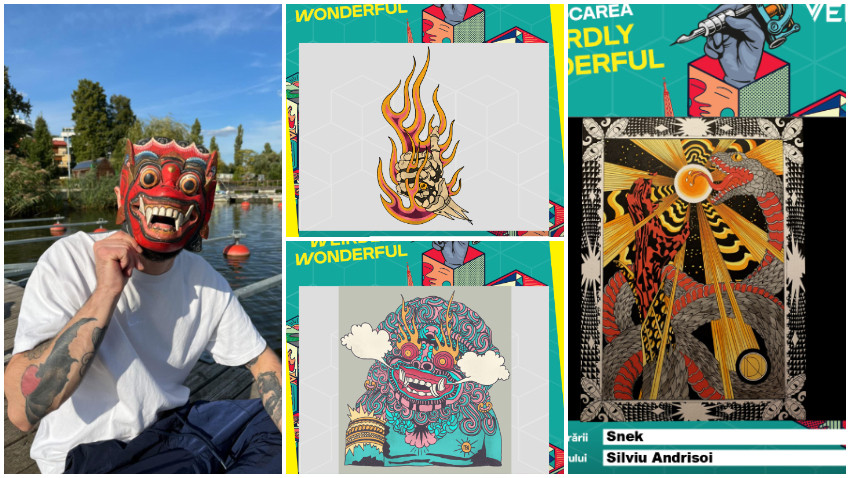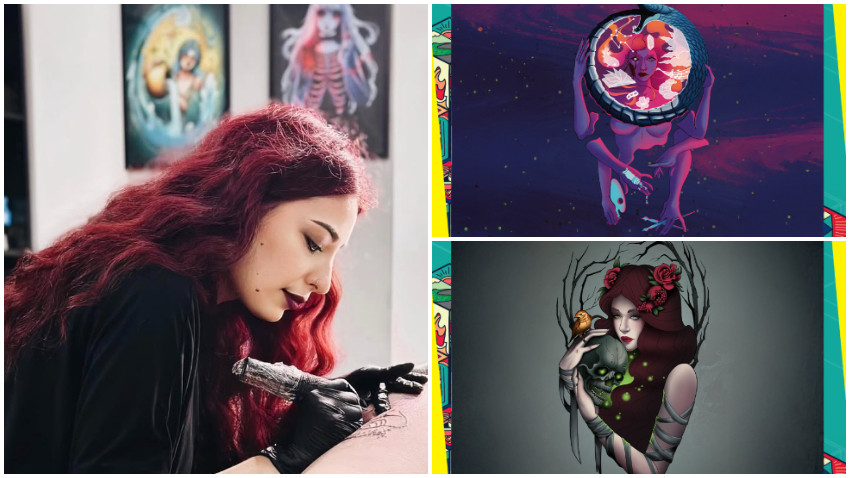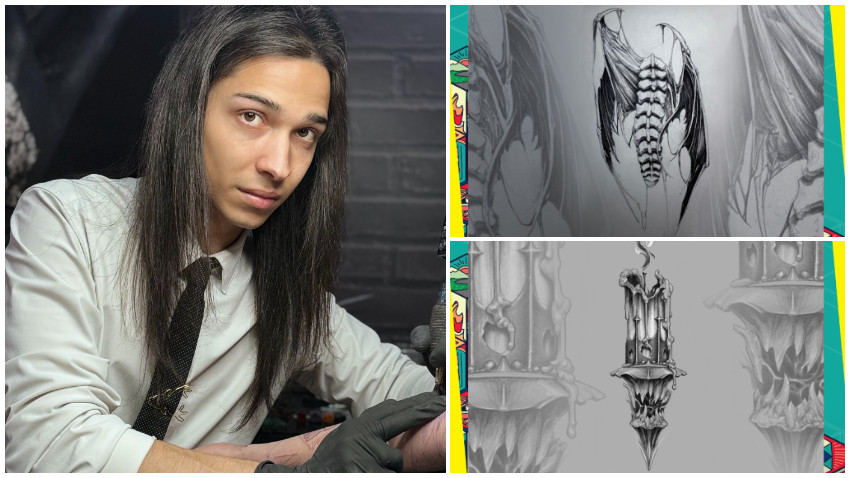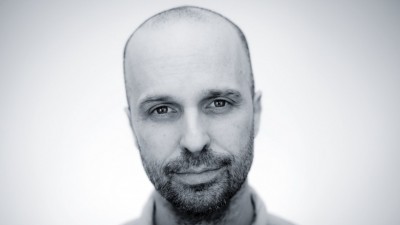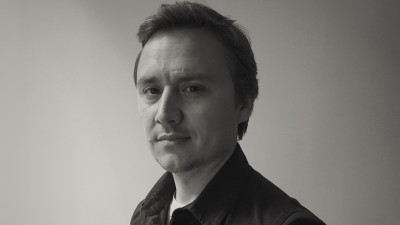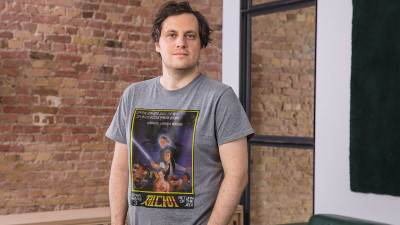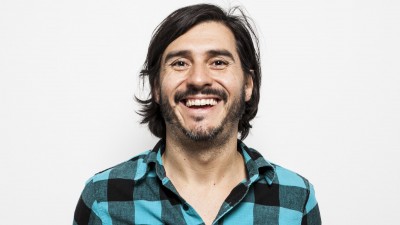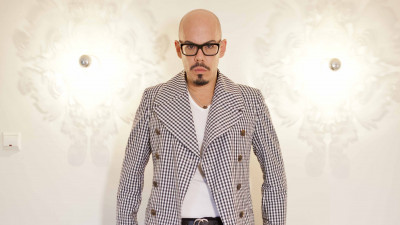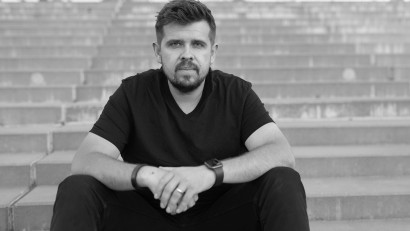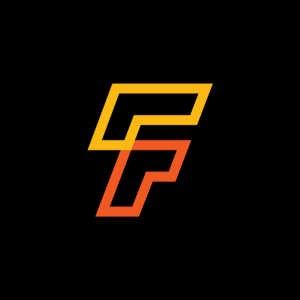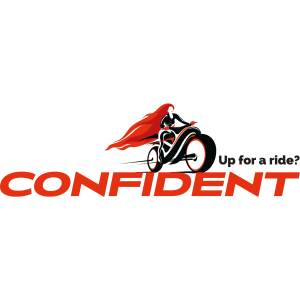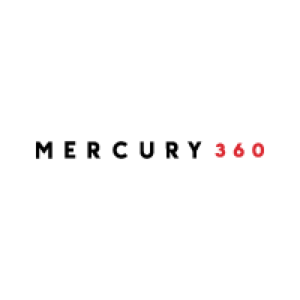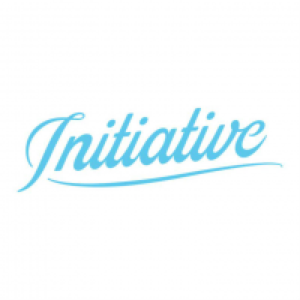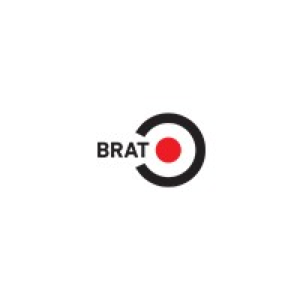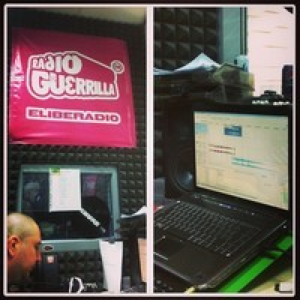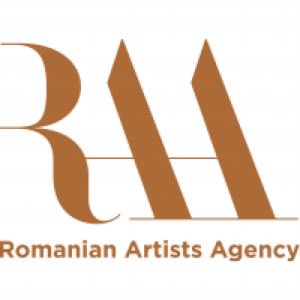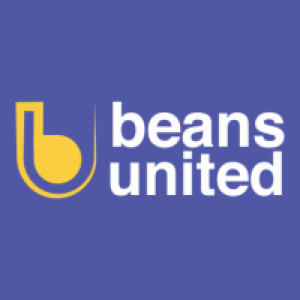Fearless. That was the theme of the presentation delivered by Bianca Guimaraes, Executive Creative Director and founding partner at Mischief, at the global Creativity4Better conference organized by IAA Romania in Bucharest. Her work has won more than 100 awards internationally, including an Emmy. In just three years, Mischief was named #1 agency of the year five times over by Ad Age, Adweek, Campaign US and Effies.
“The things we say Yes to shape us, the things we say No to define us”, Bianca said on the Creativity4Better stage. But fear should never be the driving force behind the creative process.
"I think the best creatives are the creatives who can go again and again and again and just deal with the process without being frustrated, without being annoying to other people, without always being in a bad mood, without being jaded", says Bianca.
During a break at the conference, we spoke with Bianca about taboos and fears, crazy ideas and the strategy behind them.
Taboos
I don't think there's a taboo that we wouldn't touch. I think maybe if there's something that we are not morally okay with, maybe. But I don't know if there's a subject specifically that we think it's too taboo to talk about.
We partner with our brands. We've done a lot of work for anti-bullying or for a non-profit organization that fights gun violence. The brands are the experts on the subject, we don't pretend to know it all. We learn. If it's a subject that's taboo, we need to have the people that actually really understand that to talk about.
Between fearless and reckless
Whenever we talk about a project, we start from the strategy process. We're gonna find what's true about the brand, what people think about the brand and all those things are gonna be information that's gonna basically guide where we end up. And wherever we end up, if it feels like it's based on true insights and behavior and it feels like it's backed by strategy, it shouldn't seem crazy. It should almost seem like the right solution, once you know all the rigor that was put behind the idea.
When we feel the idea is backed by the right strategy is when we feel it's not reckless.
Fears
I have the fear that people don't care about it. My biggest fear will be people not sharing, people not talking about it, people just ignoring it. When you put so much money, like clients are investing in media, to force someone to watch something that they don't really care about. Or they're going to invest money to create something that's supposed to get earned media and it's not going to get. That's really dangerous for our clients.
As an agency also, you want your work to be talked about. We believe that everything that has a point of view and everything that's talking to a certain group of people will have a little bit of tension. Some people might have different opinions about it, but that's okay.
When we did the Goodbye pie for Pizza Hut, some people were saying: "that's so depressing". That's okay. It's okay for people to think that and talk about it.
Obviously, we want the majority of the sentiment to be positive, but then again, we do enough strategic work to ground the idea in a way that's gonna resonate with the right people.
Personal definition of creativity
In the beginning, it was a reaction: "Oh, that's creative! Oh, that's cool". It just felt like something that would get my attention, something that people have a specific emotional response to. The response could be laughing or crying, could be getting mad or "I want to take action". It could be different responses, but something that triggers you.
We say: "that's a good idea". But it's only obvious after someone else does it. I think maybe now I have a little more knowledge of the process and strategy and how you get to a good idea or how a good idea is formed.
But creativity in general, I think it's always going to remain the same, which is creating a piece of communication that's going to get people to talk about it, have specific reactions and feelings around it.
Good ideas
In the beginning I almost had to learn how to think and how to get to an idea. I started seeing that there's a way to evaluate ideas as well. It was hard in the beginning to know: is this a good idea or is this a really bad?
You also think a lot about what is my creative director going to like versus what I like and what I think is very good. Now it feels more clear to me what good ideas are. It's easier to get to a good idea because you're more used to when you're submerged in this industry for longer. There's more input. There's also an instinct that you develop.
When I had kids, I thought things were gonna get harder. I thought I was gonna have less time. But actually becoming a mom made me a more efficient creative and I use my time better. It made me more efficient and made me procrastinate less so. It made me a better creative. It made me be able to relate to half of the population that we sell things to.
A word that describes your vision as a Creative Director
Resilience. I think the best creatives are the creatives who can go again and again and again and just deal with the process without being frustrated, without being annoying to other people, without always being in a bad mood, without being jaded. And I think it's important to be optimistic. I'm an optimistic person.
And also to be able to go at it again and not give up. And I think that's an important quality.
The pressure of being always creative
I like my work and I feel work is such a big part of my life. It fulfills me as a person. It's easier for me to be able to deal with it because I'm so passionate about it. I know it sounds like a little cliche, but it's true that when it doesn't feel like work it's easier for me to not have the pressure.
I have teams that present the ideas. I don't have to be the one responsible for coming up with all the ideas anymore. Obviously, I add to the ideas and I try to give feedback that can improve the ideas or I can suggest things.
Before, when I needed to deliver every day, it felt like I do well with pressure. It's better for me to have a deadline. The fact that I need to deliver something it just makes me function better.
If I have too much time, if the pressure is not enough, I end up just not being as efficient. I mean, I like having time. But having a deadline helps me. Having pressure helps me. I've gotten stuck before many times and it is not great. But you just have to keep going with resilience, you just have to try to find different ways. When you get stuck, the idea is to continue trying. That's the moment where most people would be like: oh, I need a break, I need to go get a coffee. But I would say: just stay there, continue and the ideas would come.
The influence of AI
I think it's a great tool. It's silly to not want to embrace it and pretend nothing's changing. It's great that we have now better tools to make us more efficient and we can use our brains to on the things that we need to focus more on. If you can get to that faster, great.
I think it's good to embrace it, but I still believe in the power of humans to have the ideas and to know what's right for the brand.
What makes people laugh in 2024
There are different thing. I think humor is so broad. Self-deprecating and laughing of how maybe bad things are. Or there's the contrast from things being really hard and dark, like politics. And then you do something funny around politics and everybody laughs because they need a release. There are people that like different kinds of humor, more dry or just more silly. But I think, in general, everything that's based on real insights. People laugh because they can either see themselves in a situation or appreciate the context.



